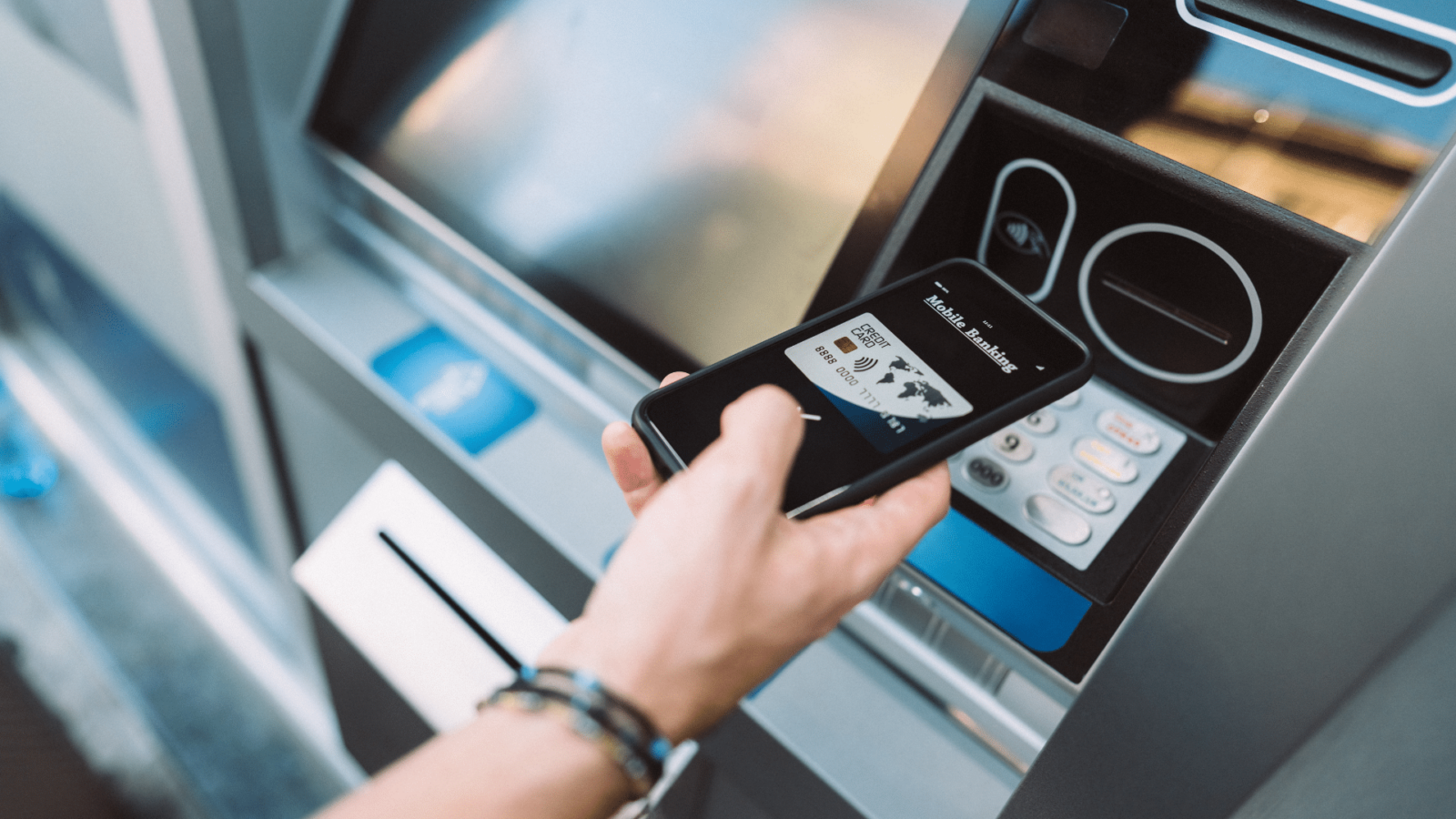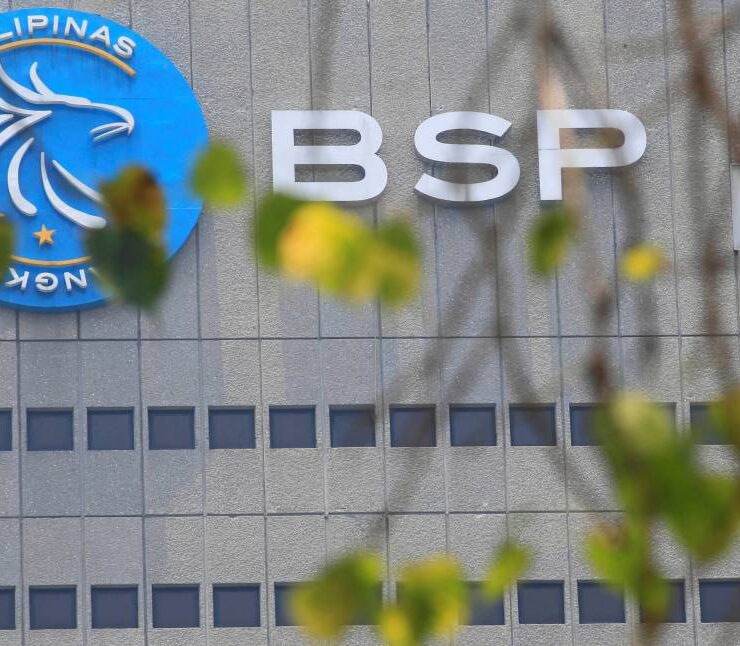Competition heating up in e-money industry, says BMI research

Competition in the local financial technology space is seen to heat up following the lifting of the moratorium on electronic money issuers (EMI) by the Bangko Sentral ng Pilipinas (BSP) as it seeks to further promote digital payments, according to a report by research firm BMI.
The entry of more players will encourage existing operators to offer more products that will cater to the needs of the consumers, the FitchSolutions unit said.
EMI refers to online platforms that store monetary value usually used for making payments like e-wallets.
The BSP eased the ban on application for new EMIs starting Dec. 16, 2024 after over three years of moratorium as incumbent players beefed up their operations first.
“This will likely necessitate lower transaction fees and the provision of more sophisticated financial services to enable telcos to differentiate themselves from specialized competitors,” BMI said.
Filipinos have become accustomed to using e-wallets and banking apps to manage their finances, allowing them to transfer money and make payments with just a few taps on their mobile phones.
The shift in consumer behavior has been supported by the COVID-19 lockdown measures, forcing the public to transact online.
E-wallets, in particular, have also been helping to widen financial inclusion in the country because they require less documentary requirements during sign-ups.
“The BSP is keen on innovation in new business models that target underserved markets or leverage emerging technologies,” BMI noted.
According to a BSP memorandum, applicants must submit applications that had gone through a “market research and a data-driven analysis process.”
“The application must present insights on the planned business model and target market through an evidence-based market study to increase its value proposition in the industry,” BSP said.
The central bank has issued EMI licenses to 42 nonbank financial institutions and 27 banks, including GCash, Maya, Alipay and CIS Bayad Center.
According to the latest data, the share of digital payments in total retail payment transactions in the country rose to 52.8 percent in 2023 from 42.1 percent in 2022.





















